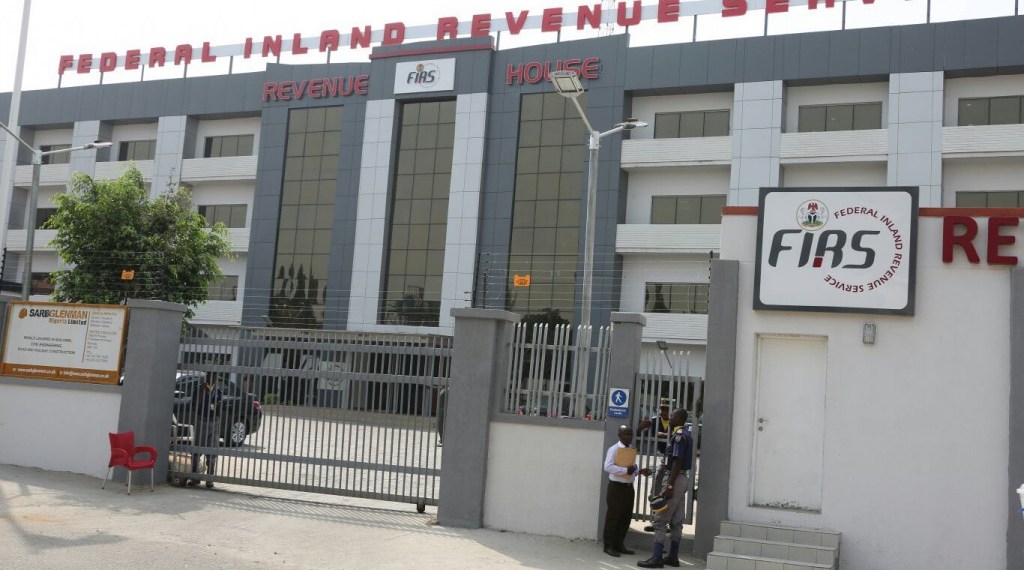The Federal Inland Revenue Service (FIRS), has disclosed that it raked in N10.1 trillion as tax revenues in 2022, falling short of the N10.44 trillion target for the year under review.
According to Muhammad Nami, the Executive Chairman of the FIRS, who made this disclosure, the figure represents the highest tax collection ever recorded in the history of the service and any other revenue agency in the country.
Speaking to journalists after presenting the FIRS 2022 Performance Update to President Muhammadu Buhari in Abuja, Nami emphasised that it was the first time the service would cross the N10 trillion mark in tax revenue collection. He said the service would have surpassed its projection for 2022, but for the various tax incentives granted under the respective laws, which amounted to N1.81 trillion. He added that this was not part of the total tax receipt for the year under review.
Nami also said political interest and distractions, including litigations against the service, hindered its tax collection drive last year.
His words: “We would have actually done better, but for several issues, some of which are political and very sensitive to discuss in the public domain.
“But the most important one is distractions from certain interests within the federal government itself and the sub-nationals or people who want to do what FIRS is doing – in other words, those that want to perform the statutory functions of FIRS of assessing, collecting, and accounting for taxes in Nigeria.
“These are not just mere issues but people instituting legal actions against FIRS to further distract us. People instituting, even federal agencies instituting legal actions against laws that have been passed by the National Assembly and signed into law by Mr. President.
“So, these challenges impacted negatively, because you see on so many occasions people writing in to find out that ‘tax A, we are confused, we don’t know who to pay to now that there’s a court ruling to restrict you from collecting such taxes’. So, this really impacted negatively on what we did last year.”













